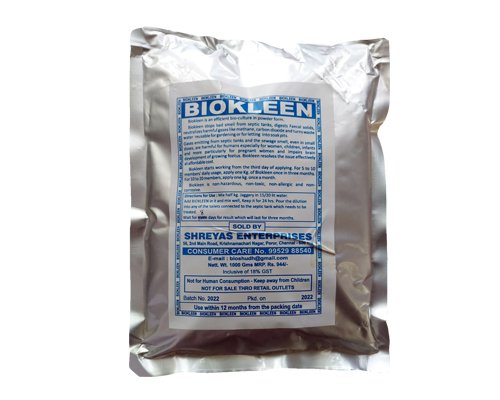Types of Wastewater Treatment Chemicals
- Coagulants
- Odor Control
- Flocculants
- Defoamers
- Organic Polymers
Coagulants
Coagulants are compounds with an aluminum or iron basis that alter the magnetic charge of water particles such that they attract rather than resist one another. Larger bodies of waste form that can be skimmed or filtered out. Coagulants are frequently used to remove arsenic, pathogens, organic debris, fluoride, and chemical phosphorus from wastewater.
Odor Control
Although the detection and removal of highly dangerous substances should take priority, odor management can still be accomplished using a variety of efficient techniques, such as biofiltration, solids scavenging, oxidation, iron salts, carbon absorption, and liquid phase technologies.
Flocculants
Three types of flocculants are distinguished: grafted, chemical, and natural. In conjunction with water agitation techniques, flocculants promote the formation of clumps, or flocks, of waste particles by charge bridging, electrostatic patching, and magnetic neutralization.
Defoamers
Defoamers are used to manage and lower the amount of trapped air and foam produced during wastewater treatment procedures, as their name suggests. This helps to reduce the possibility of hazardous overflow.
Organic Polymers
Natural flocculants also called organic polymers use an ionized polymer to draw particles into flocks for simpler filtration. They frequently work in concert with coagulants made of aluminum or inorganic iron.
 https://www.bioshudh.com/wp-content/uploads/2022/07/Septic-Tank-Chemical-Manufacturers-in-Chennai.jpg
400
500
bioshudh_login
https://www.bioshudh.com/wp-content/uploads/2022/07/Bioshudh-Logo.png
bioshudh_login2022-07-25 11:22:242022-07-28 06:16:46Septic Tank Chemical Manufacturers in Chennai
https://www.bioshudh.com/wp-content/uploads/2022/07/Septic-Tank-Chemical-Manufacturers-in-Chennai.jpg
400
500
bioshudh_login
https://www.bioshudh.com/wp-content/uploads/2022/07/Bioshudh-Logo.png
bioshudh_login2022-07-25 11:22:242022-07-28 06:16:46Septic Tank Chemical Manufacturers in Chennai









